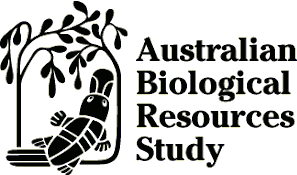Australian Tropical Rainforest Plants - Online edition
Aglaia silvestris (M.Roem.) Merr.
Merrill, E.D. (1917) Interp. Rumph. Herb. Amboin. : 210. Type: Neotype - [Maluku, Amboina, [Hitoe Lama], July-Nov 1913.
In Australia recorded as a small tree to 10 m, but elsewhere recorded to 30 m. branches densely covered in scales which have a brown centre and light margin.
Leaves imparripinnate ca. 35 cm long , up to 65 cm long, ca. 20 cm wide. Petiole ca. 10 cm long but up to 20 cm. Leaflets usually 13-19. alternate, 8-24 cm long, 1.7-6.5 cm wide; lanceolate or elliptic; acuminate at apex, asymmetrical at base.Scale dense on young leaves, deciduous before maturity.
Inflorescence to 30 cm long, 20 cm wide. Flowers up to 3.5 mm long x 2.5 mm wide, obovoid, fragrant. Calyx half length of corolla, densely covered with peltate scales on outside, deeply divided into 5 ovate lobes which have ciliate margins. Petals 5 or 6, yellow, elliptic or ovate. Staminal tube longer the corolla.
Infructescence to 30 cm long x 25 cm wide, ca. 50 fruits. Fruit to 2 x 2 cm, flattened, brown, red, orange or yellow, densely covered in scales.
Not available.
In Australia only known from CYP, occurs in the Iron Range area. Altitudinal range from near sea level to about 100 m, possibly higher. Grows as an understory plant in well developed rain forest. Also occurs in SE Asia, Malesia, New Guinea and the Solomon Islands.
Poorly known species in Australia.





